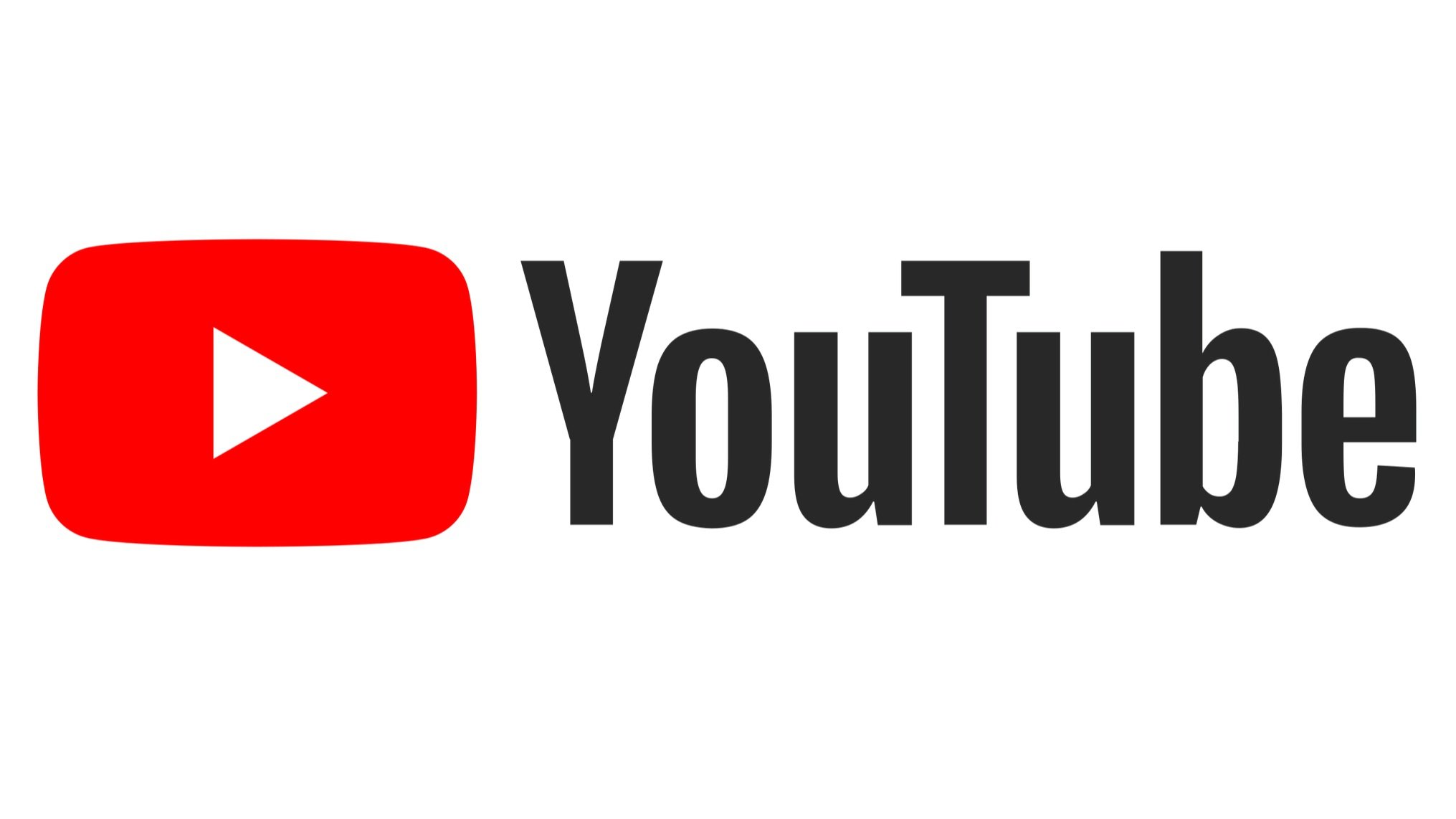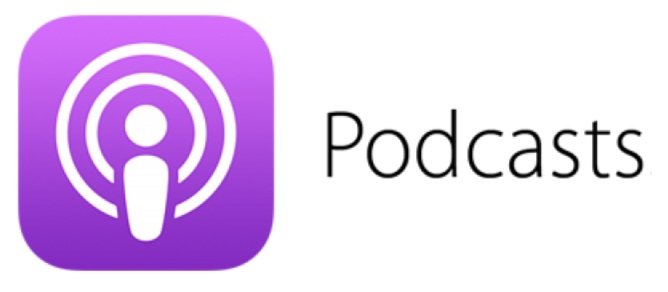Jen Farmer - Chief Marketing Officer of Neat Capital
"Align yourself to your vision for what you have for your life, understand your core values, and then really make your career decisions from there."
-Jen Farmer
Jen Farmer is the CMO of Neat Capital, a Colorado based Fintech company that recently raised their Series B-1 from Forecast Labs which is a division of Comcast. Neat has raised over $40M in venture capital and is revolutionizing the home lending process allowing people to compete with all cash buyers. Prior to Neat, Jen was the Head of Content Strategy for Pie Insurance where she started as employee #3 before they quickly grew to over 300 people.
Key Takeaways:
Align yourself with great people
Don't limit yourself by your job description. Get involved with as much as possible and look to solve problems and be helpful.
Just try things and iterate quickly. Jen has done this consistently in ad or marketing campaigns to figure out what works and what can scale effectively at cost.
Topics Covered:
Jen's background & Neat Capital
Partnership with Forecast Labs/Comcast 11:26
Most effective marketing channel 12:58
Creating a brand 18:00
Mistakes to avoid in marketing 22:31
What led to her rapid rise to the C-Suite at age 35 25:10
Avoiding burnout 29:34
Favorite book & quote 32:03
Parting Advice 34:07




